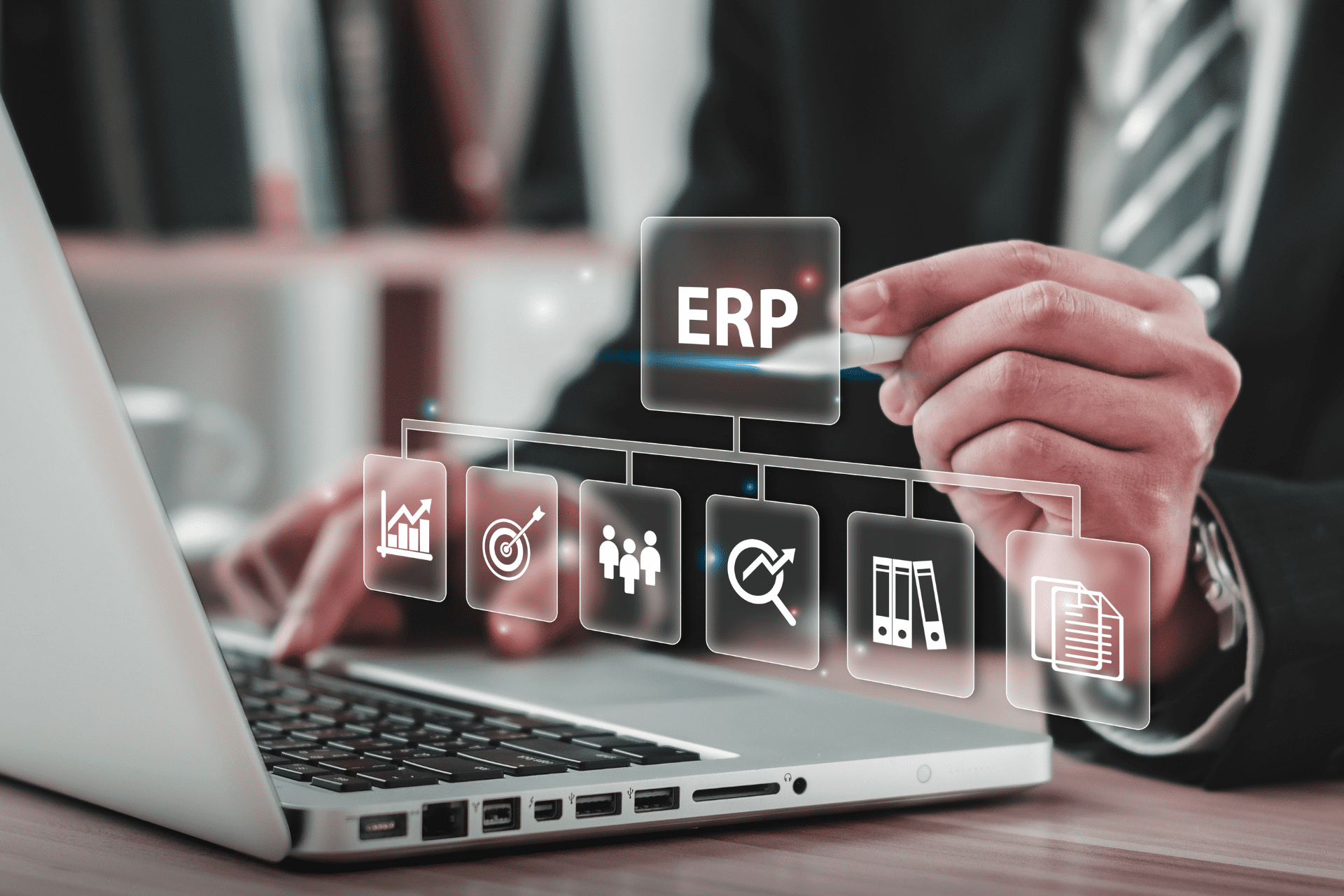Share
Read also

Business Software
ERP Trends for the New Year

Business Software
The New CRM Trends for 2026

Trends & Views
Digital Transformation Trends for 2026

Cloud
Explosive Growth in the Cloud ERP Market
Whether your business is B2B or B2C, in order to grow and acquire new customers, you need to provide them with both online and offline sales channels – physical stores, telephone, e-mail, EDI, social media and of course, one of the fastest growing channels: e-commerce.
Especially now that the pandemic covid-19 has caused significant changes in the economic landscape, online shopping is a very important factor in creating a multi-channel experience. According to eMarketer estimates, global e-commerce sales will reach $6.5 trillion by 2023.
Integrating a back-end software, such as an ERP solution, will help you unify all sales channels, meaning that your inventory and sales data will be stored in a central hub, and as a result you’ll be able to automate all of your operations and provide both your employees and your customers with seamless, real-time access to product availability and price information.
Let’s take a look at an example of how e-commerce and ERP integration could work: Your e-shop has an inventory of thirty laptops of different sizes and a customer places an order for five 15” laptops. The order is transferred directly from your e-shop to the ERP system. The available inventory will be automatically reserved to complete the order and the system will know that it will distribute these five 15’’ laptops for this order. The inventory will then be updated, so that the system knows that there are 25 laptops left and this update will be forwarded to the online store so that customers know how many more devices are available in real time.
Warehouse employees can also have access to accurate inventory information, along with sales information through a single system. Two-way information notifies the customer about the status of their order.
Successful multi-channel businesses have all their different channels connected, as they do not treat individual channels as separate stores. Instead, they manage and update their inventory to reflect all sales channels. This is really important for any multi-channel strategy to reach its full potential. And while it may sound quite complicated and difficult to implement, the right back-end ERP solution proves otherwise.
Whether buy the products they need via e-commerce, EDI, marketplaces, mobile, e-mail or any other form, customers will be able to have direct access to updated, accurate inventory information, such as availability and price.
An ERP system will help you manage your inventory, offering extremely accurate insights regarding reordering. You can also automate reordering so as to schedule new orders for out-of-stock products, based on system rules that you define (such as minimum levels of inventory and so on).







